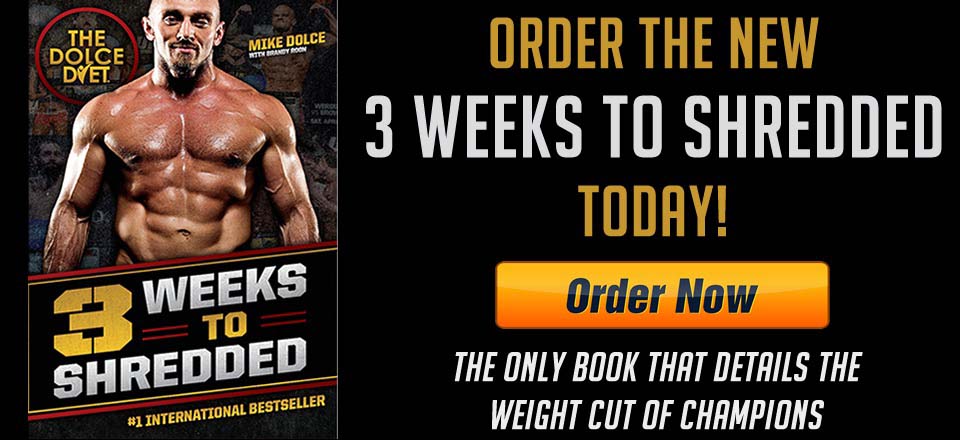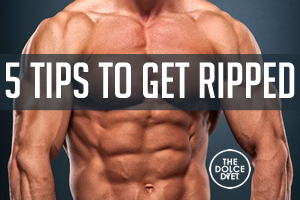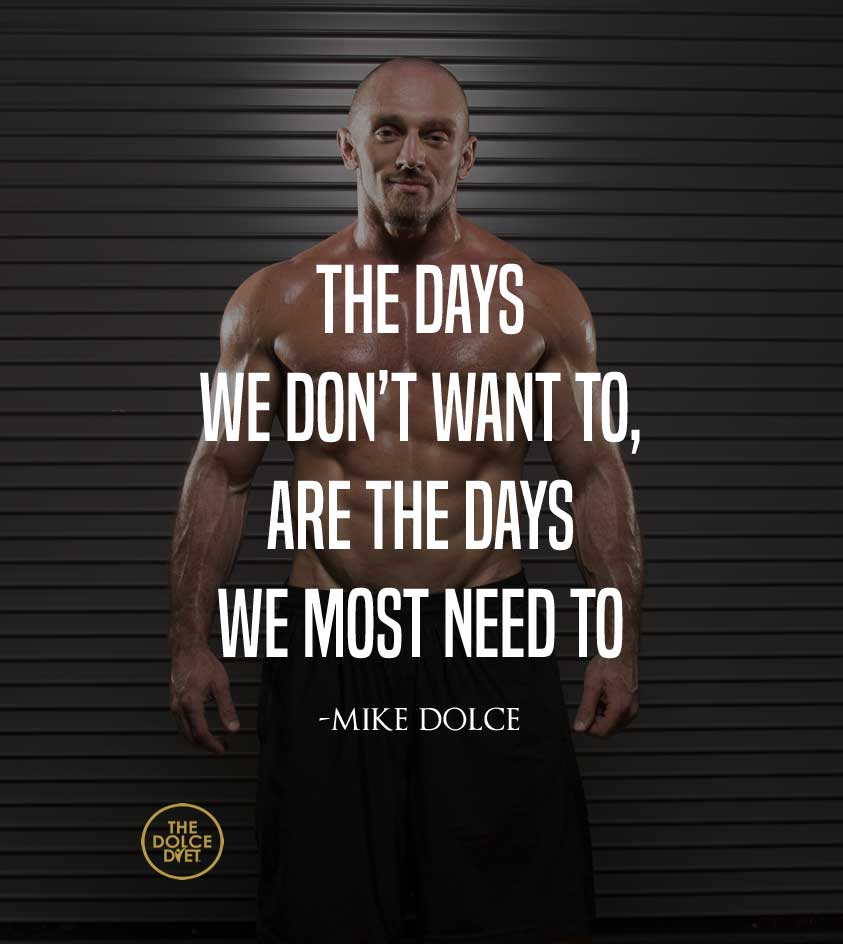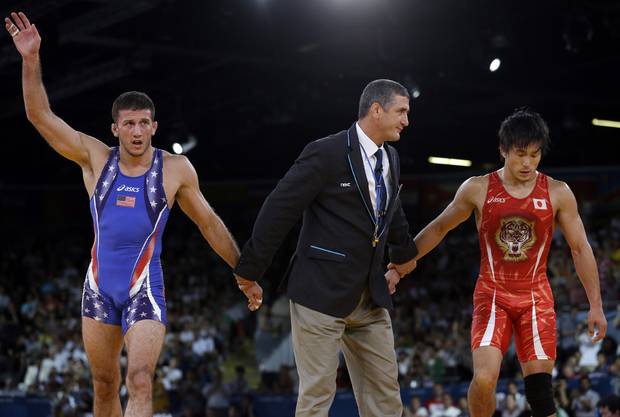
DOLCE LIFESTYLE:
Off-Season Wrestling Guide to Weight Management
By Ridge Kiley, CSCS, Dolce Diet Coach
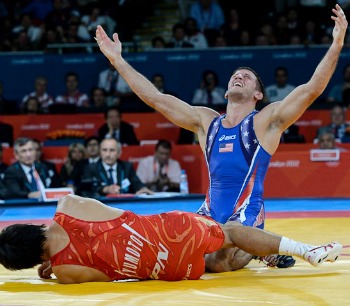 The Folkstyle wrestling season is coming to an end. State champions have been crowned from pee-wee to high school, and the collegiate season will come to a conclusion this week. This is the time of year where wrestlers traditionally let their body weight balloon up and increase exponentially.
The Folkstyle wrestling season is coming to an end. State champions have been crowned from pee-wee to high school, and the collegiate season will come to a conclusion this week. This is the time of year where wrestlers traditionally let their body weight balloon up and increase exponentially.
Most of the body weight gained immediately post season is not functional mass.
The majority of the weight gain is caused by binge eating on poor food choices, while some weight may be from no longer being in a constant state of dehydration. I was guilty of doing this in the past. I would gain at least 15-20 pounds, as a lightweight, after every wrestling season simply by binge eating unhealthy foods.
Now is not the time to let your weight get out of control, especially if you have big goals for the summer or next season! The typical wrestling regimen for making weight in-season is to eat little to no calories, drink less fluid, and sweat the weight off. This type of weight management (calorie deprivation) is not feasible in the off-season or for long periods of time. It is ok to go have the meal or two you have been craving after a long season. After you do though, it’s time to get back on track. I recommend starting with Living Lean and the Living Lean Cookbook. These books will teach you the principles of eating and being healthy, keep your weight under control, and show you how to prepare delicious and healthy recipes! These are the same principles and recipes coach Mike Dolce uses with many of the best fighters, wrestlers, and athletes in the world.
Be sure to talk with your coaches and work together to lay out a plan. One mistake I made in college was not communicating well with my coaches that I wanted to move up one or two weight classes the following season, as I had been killing myself to make weight all year, and it hurt my performance in big matches at the Big Ten and NCAA Tournaments. I worked harder than I ever had before that off-season, gaining nearly 30 lbs of functional mass, and outgrew multiple weight classes. My coaches wanted me to go back down to my previous weight class because it was best for our team. Thankfully I found Mike Dolce and The Dolce Diet. He helped me shrink my body, control my weight, feel great, and compete at a higher level. (My story can be found in 3 Weeks to Shredded and The College Diet Guide).
The high school and college wrestling seasons are long and grueling. You don’t have to keep grinding 24/7, 365. Don’t be afraid to take a few weeks off after the wrestling season is finished.
The off-season is the best time to improve technique, increase strength, and become mentally refreshed from the previous season.
If you’re looking for an example of an off-season weight lifting plan you can check out one of my previous articles, “Strength Training for High School Wrestlers: Turn a good athlete into a great athlete.” If you are going to compete at Cadet/Junior Nationals or any other competition over the summer, factor that into your training plan. Lift heavy weights, with intensity, with perfect form, and make the gains that will help you reach your goals.
In addition to making a lifestyle change in the kitchen and weight room, many do not make the progress they want because they are not getting enough sleep. You need to get an uninterrupted 7-9 hours of sleep a night to recover from your workouts and manage body fat.
Not sleeping enough produces cortisol, a stress hormone that leads to fat storage.
A sleep-deprived individual tends to also crave the foods they should not eat. For more information on the importance of sleep, check out the article, “Things You Never Knew About Sleep Deprivation,” by Samantha Coogan, MS, RDN, LD, of the Dolce Diet.
If you have ever wrestled, you know it’s not a sport, it’s a lifestyle. Cauliflower ears, confidence, mental toughness and work ethic that can’t be matched, tucking your shirts into your sweatpants, and your sweatpants into your socks. The wrestling lifestyle carries over long after you’re done competing. One negative to the wrestling lifestyle and wrestling culture is the widely accepted nutrition and weight cutting habits. We as a community need to take action and help shift the methods towards clean eating and healthier weight cuts. You can help guide your teammates, athletes or coaches by leading by example.
I did!

